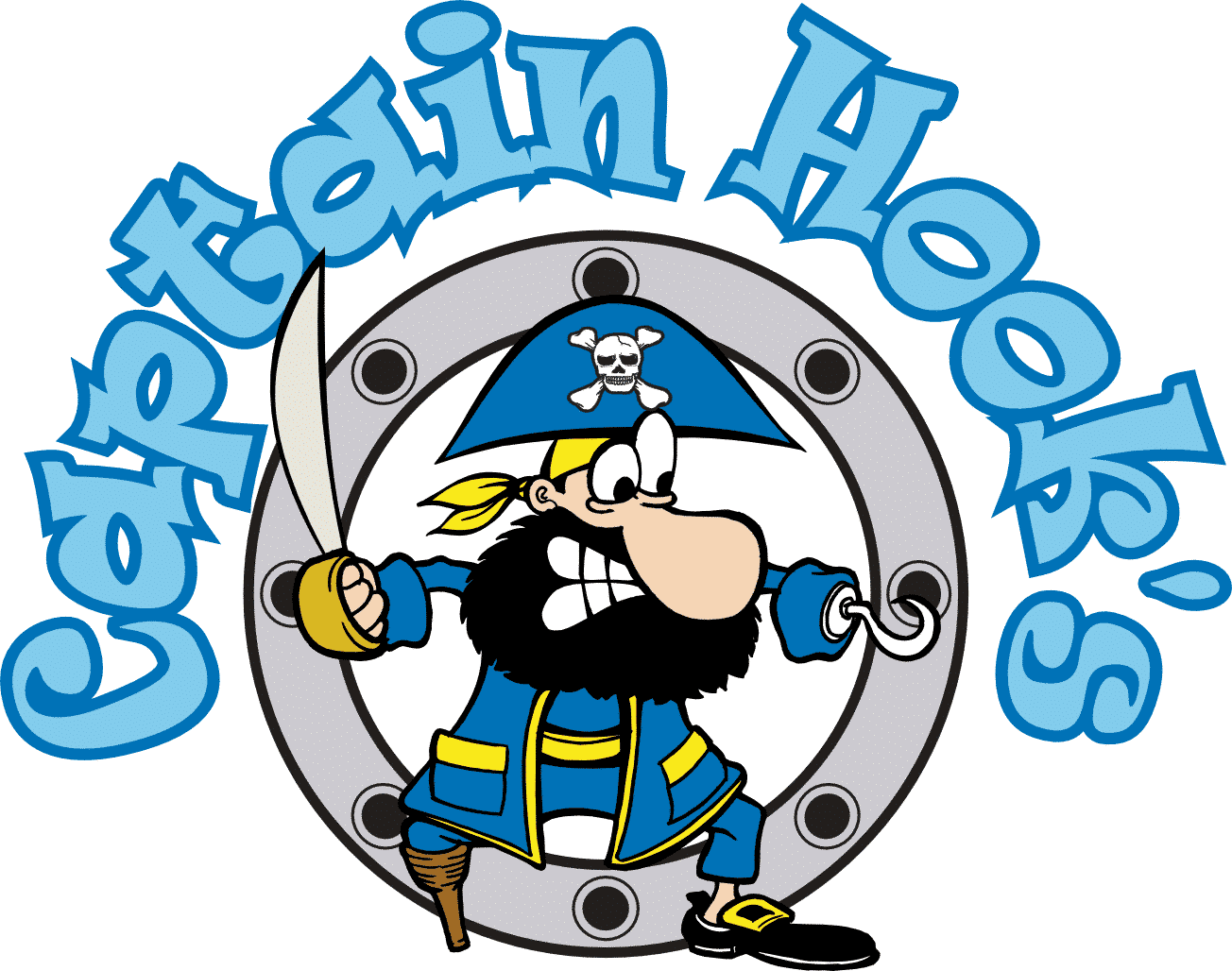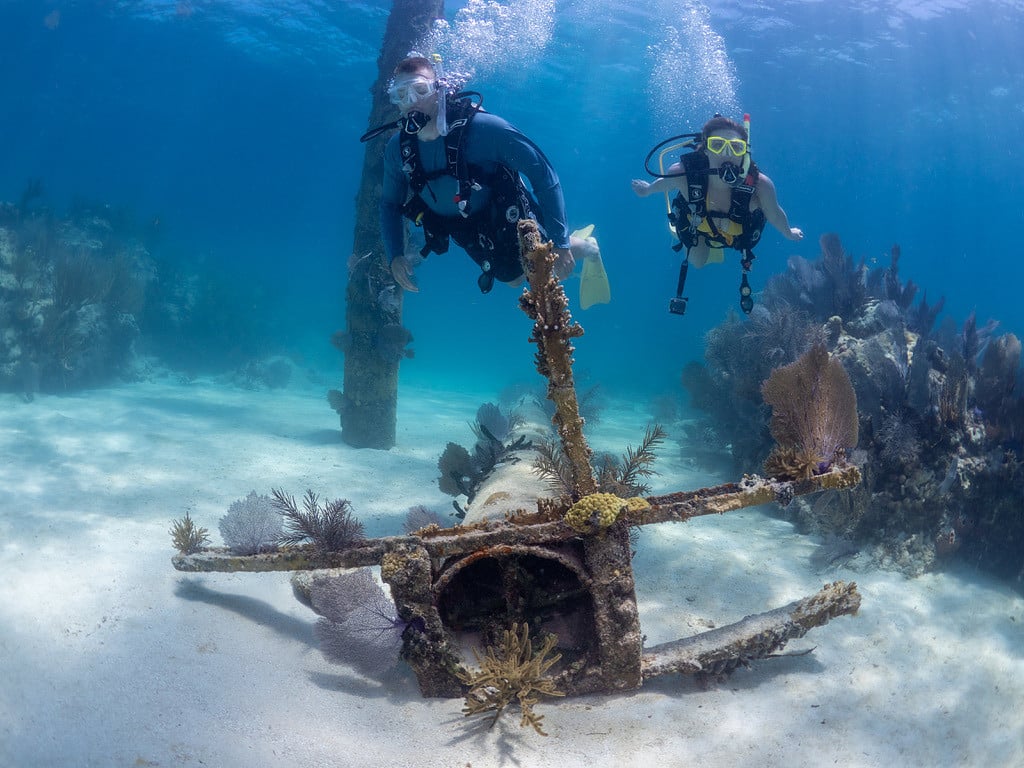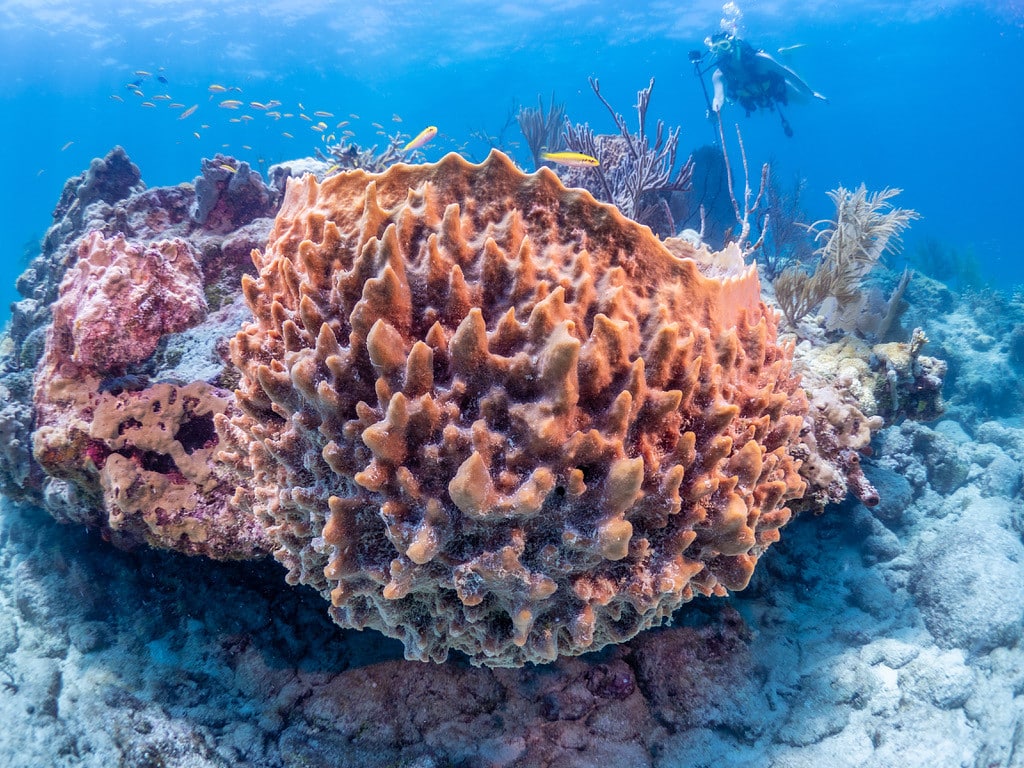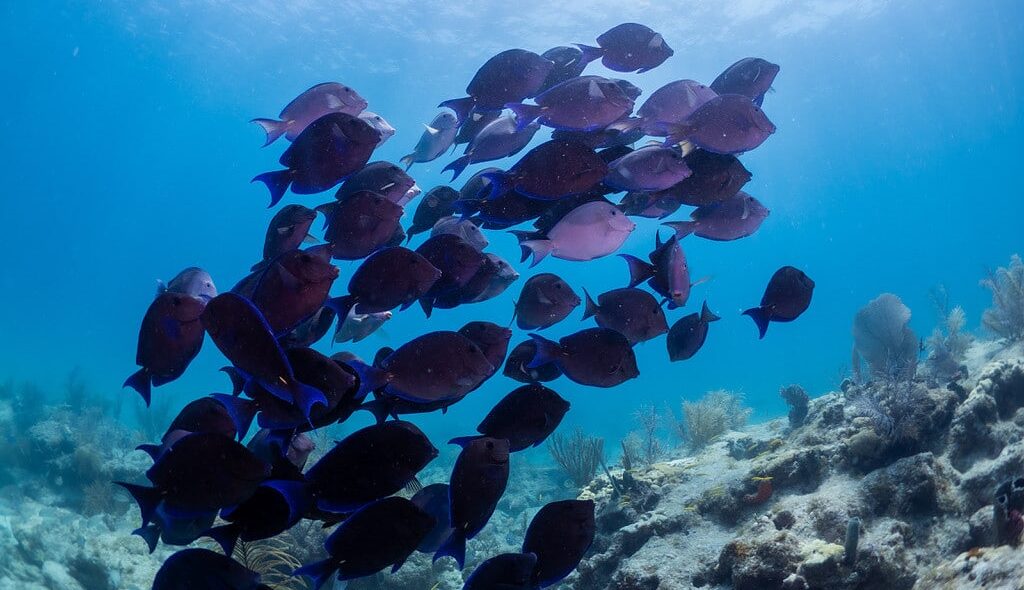A trip to the ocean brings an important debate—scuba diving vs snorkeling. Both offer incredible views of marine life, but they feel completely different. Snorkeling keeps things simple, letting you float on the surface and watch the underwater world. Scuba diving takes you deeper, immersing you in an entirely new environment.
Many first-timers struggle with this decision. Some love the freedom of snorkeling. Others crave the immersive experience of diving. Personal preference plays a huge role, but specific factors like cost, training and safety make a difference. Before deciding, let’s take a closer look at what each activity offers, some key differences between snorkeling vs diving and much more.
Key Differences Between Scuba Diving vs Snorkeling
This table breaks down some of the biggest contrasts:
| Feature | Snorkeling | Scuba Diving |
|---|---|---|
| Depth | Surface (1-3 feet) | 5+ feet |
| Gear | Mask, snorkel, fins | Mask, fins, BCD, tank, regulator, wetsuit |
| Training Required | None | Certification needed (PADI, NAUI, etc.) |
| Cost | $20-$60 | $100-$500+ |
| Safety Considerations | Minimal | Requires training & risk management |
| Time Commitment | Immediate | Multi-day certification |
| Best For | Casual explorers, families, and beginners | Adventure seekers, marine life lovers |
Many people choose snorkeling for its convenience. Packing a mask and snorkel takes almost no effort. Others prefer scuba diving, despite the extra training and gear. Let’s take a deeper look at each activity.
Pros & Cons of Each Activity
Personal preference plays a major role, but understanding the pros and cons can help you decide.
Snorkeling Pros:
- No certification required
- Affordable and easy to access
- Lightweight gear, easy to pack
- Freedom to move without restrictions
Snorkeling Cons:
- Limited to surface-level views
- Shorter time spent with marine life
- Rougher waters makes things much more difficult
Scuba Diving Pros:
- Full underwater immersion
- Longer and closer encounters with marine life
- Access to shipwrecks, caves and reefs
Scuba Diving Cons:
- Requires training and certification
- Expensive upfront investment
- Gear can feel heavy and restrictive
One of the biggest debates is freedom vs. immersion. Snorkeling offers easy access and mobility. Scuba diving creates a more immersive experience but involves more preparation.
Snorkeling: The Simple Way to Explore the Ocean
Snorkeling works well for beginners or people who are short on time. A mask, snorkel, and fins are all that’s needed. No tanks. No certifications. Just grab the gear and head into the water. In fact, most snorkel trip providers provide all the necessary gear.
Shallow reefs and sandbars provide incredible snorkeling opportunities. Many locations worldwide cater to snorkelers and offer boat tours and guided excursions. Some of the best spots in the Florida Keys include:
- John Pennekamp Coral Reef State Park – A stunning underwater park with vibrant marine life.
- Dry Tortugas National Park – Crystal-clear waters and historical shipwrecks.
- Bahia Honda State Park – Shallow reefs with plenty of tropical fish.
- Sombrero Reef – A well-known coral reef full of biodiversity.
Recommended Reading: The Best Places to Snorkel in the Florida Keys
Snorkeling also feels liberating. It’s a “hassle-free” way to explore the ocean.
Scuba Diving: A Full Immersion Experience
Scuba diving allows complete immersion into the ocean. Instead of watching from the surface, divers become part of the underwater world. Coral reefs, shipwrecks and deep-sea creatures feel a lot more real at 40+ feet below.
Certifications make the process more involved. Agencies like PADI or NAUI require training, and for good reason. Proper techniques keep divers safe at deeper depths. Equipment includes a BCD (buoyancy control device), tank, regulator, mask, fins and optional wetsuit. Learning to scuba dive can feel daunting at first, but many say the reward is worth it (snorkeling is fun, but I’m a big advocate of diving). The sense of weightlessness makes it unlike anything else.
The Florida Keys feature world-class dive sites:
- The Spiegel Grove Wreck – An advanced dive site featuring a massive shipwreck.
- Christ of the Abyss – A beginner-friendly dive with a famous underwater statue.
- Looe Key National Marine Sanctuary – A marine-protected area with incredible biodiversity.
- The Vandenberg Wreck – One of the largest artificial reefs in the world.
Recommended Reading: Best Dive Sites in the Florida Keys
Wildlife Encounters: Which One Gets You Closer?
Marine life behaves differently around divers and snorkelers. Some creatures stay closer to the surface. Others prefer deeper waters.
- Snorkeling allows for casual fish-watching near the reefs. Many snorkelers encounter turtles, stingrays, and reef fish.
- Scuba diving makes close encounters, deep-sea coral and wreck exploration possible. Deeper waters host a variety of species that stay hidden from snorkelers. You can be fully surrounded by ocean life while diving, which is not typically possible snorkeling.
Common Questions about Diving and Snorkeling
Can you snorkel if you don’t know how to swim?
Basic swimming helps, but flotation devices make it possible for non-swimmers to enjoy snorkeling. With that said, we highly recommend knowing how to swim.
Is snorkeling safer than scuba diving?
Both activities come with their own risks. Scuba diving requires more safety training, but both activities are safe when done properly. At Capt Hook’s, every dive and snorkel trip come with a crew who is CPR certified and extremely prepared to handle any situation. Our divers are also accompanied by a divemaster in the water.
Can I go scuba diving without certification?
Yes, but only through programs like Discover Scuba, which introduces beginners to the basics under supervision. Any standard dive trip requires a certification and presentation of a certification card.
Is diving easier than snorkeling?
This is debatable. Some say scuba diving feels easier because breathing happens naturally through the regulator. Others find snorkeling easier because there’s less gear and no equalization needed. In my opinion, snorkeling is easier above the water (packing, traveling and prepping your gear). Diving is easier once you’re in the water (just breath!)
Snorkeling vs Diving: Are You Ready to Decide?
Both snorkeling and scuba diving offer unique experiences. Snorkeling provides freedom and accessibility, while scuba diving delivers deep-sea exploration and longer encounters with marine life. Making the right choice depends on personal goals. Some travelers want a quick and easy ocean experience. Others dream of diving among the ocean life or exploring wrecks.
- Snorkeling often works best for: Families, casual travelers, and those who prefer simple adventures.
- Scuba diving works best for: Adventure seekers, marine life enthusiasts, and those interested in wreck diving.
Many dive shops offer combo trips where snorkelers and divers join the same excursion. For travelers uncertain about diving, a Discover Scuba course provides an introduction before committing to full certification. This is a great opportunity to experience wearing dive gear and being in the ocean, without having to fully commit to a certification or multi day commitment.
Ready to explore? We offer everything you need for a fun day on the water – snorkel trips, guided scuba diving and dive certification classes.



